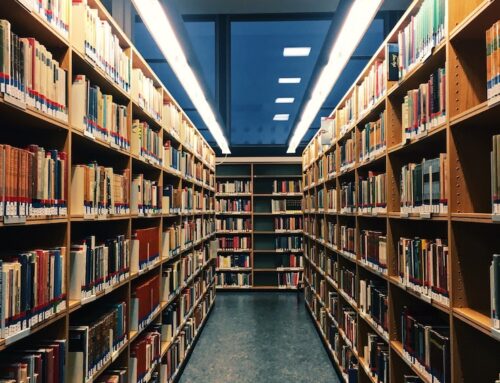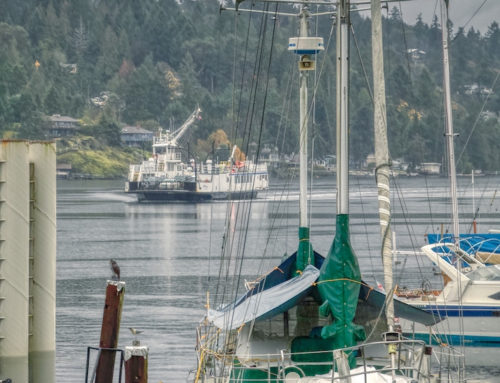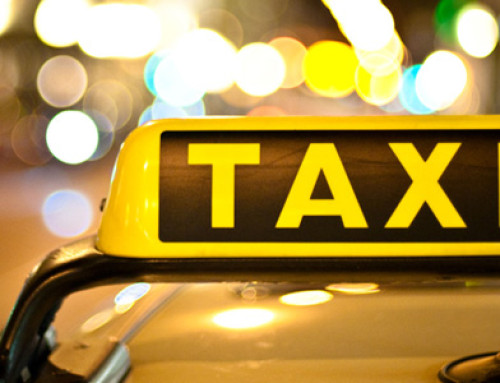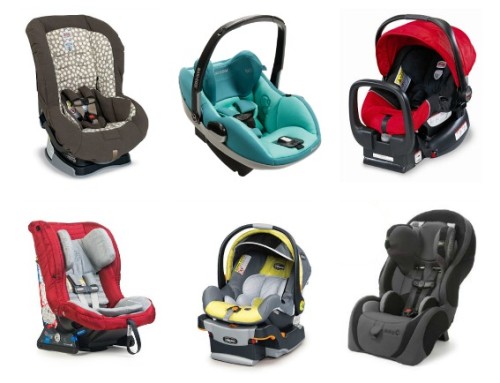Liquor laws in British Columbia
The legal drinking age in B.C. is 19 years.
What is the definition of liquor?
In B.C., liquor is defined as beer, wine, or spirits, or any other product intended for human consumption, that contains more than 1% alcohol by volume. Some products such as cooking wine and liquor-filled chocolates can be classified as non-beverage alcohol and may not be considered liquor.
I’m 19 or over. Can I buy liquor for a minor, or give liquor to a minor?
It is generally against the law to provide liquor to a minor. However, there are situations where liquor can be given to minors such as:
- given to a minor by his or her parent, spouse or guardian in a residence for consumption in the residence,
- administered to a minor by or under the authority of a medical practitioner or dentist for medicinal purposes, or
- wine given to a minor as part of a religious ceremony
What type of identification do I need in order to purchase liquor?
If you are asked to provide identification (ID), you will be required to show the following:
- An official government issued ID (including foreign government issued) with name, picture and birth date; such as a driver’s licence or passport
- A secondary ID that includes name and signature or picture; such as a credit card or student ID
An expired ID may be used as long as it proves the holder’s age. If a server has any doubt about an ID, they may refuse service.
Drinking in a public place:
In B.C., you are not allowed to drink alcohol in a public place—such as a street or a park—unless it has been specially approved as a place where drinking may occur (during a community festival where there is a liquor licence in place, for example). You may drink alcohol outside at your home or at your campsite.
Police powers:
The police may arrest you if you are found intoxicated (drunk) in a public place.
They may also seize your liquor if you are found drinking or selling it in a public place, supplying it to minors, or driving with an open liquor bottle in the car.
Can I have liquor in my car?
Liquor in a container that has been opened or has a broken factory seal must not be readily accessible to anyone in a motor vehicle. Possession of open liquor in any private or commercial motor vehicle (such as a party bus or a limo) is illegal whether the motor vehicle is moving or not.
Can I drink in my RV/trailer?
For recreational vehicles such as motor homes, campers, and trailers, consumption of liquor is only permitted where camping is allowed. At no time may the driver or passengers consume liquor while the vehicle is mobile.
Can I drink in my boat?
The same rules which prohibit driving while impaired also apply to boats: you must not operate, assist to operate, or have the care and control of a vessel while impaired by alcohol or with a blood alcohol level more than .08. Liquor must only be consumed in boats or other watercraft if the boat is licensed or it is a boat that the public does not have access to and is equipped with sleeping accommodations, cooking facilities and a toilet. In these cases, liquor may be consumed in the cabin or on the deck of the boat.
People using smaller boats for a special event (such as a day charter by a social club for its members) must obtain a Special Event Permit if they wish to sell or serve liquor to participants. Cruise ships and larger motor vessels that travel scheduled routes or from one destination to another may be licensed if they provide a service that, while primarily marine oriented, is consistent with the services provided by other sectors of the hospitality industry (for example, luncheon and dinner cruises).
Can I bring my own liquor into a licensed establishment?
You cannot bring your own liquor into a licensed establishment (a pub, restaurant, night club, stadium, etc.) There are exceptions such as food primary establishments that offers a “bring your own wine” option. (Note: Not all food primary establishments permit this, so be sure to confirm in advance if the establishment participates, and if they charge a corkage fee.)
Can I take home my unfinished bottle of wine from a bar or a restaurant?
Yes, provided one of the servers re-seals it before you leave. If you are leaving by car, you must ensure it is not readily accessible to anyone in the vehicle while driving. (Store it behind the seat or in the trunk, etc.)
Can I bring liquor into B.C. from another province?
Yes, as of July 2019, British Columbians visiting other provinces are able to bring home liquor products for personal consumption without any restrictions or limits.
Buying alcoholic beverages:
You can purchase packaged liquor—such as a bottle of wine or a case of beer—at government liquor stores, or licensed private outlets, including specialty wine stores.
Government liquor stores will have standardized prices but may vary in products sold. Private Liquor stores may sell products at the same price as government stores – or may be slightly less – or slightly more. They do have a bit of leeway when it comes to pricing, but not much!
Bars, pubs, restaurants, night clubs and stadiums sell drinks by-the-glass. You may not bring your own alcohol into these venues.
Can I bring my empty bottles or cans back to the liquor store?
Yes, you can return empty bottles or cans to a liquor store where that product is sold and you will receive a deposit refund. The store may set a limit of 24 containers per person per day. The retailer does not have to accept a can or bottle if it is rusty, unidentifiable, or otherwise questionable. Please contact the Ministry of Environment for more information.






“You may not sell or give liquor to a minor, or permit a minor to drink liquor in your home….”
This information is incorrect.
Thank you for that! I’d copied the info from a government website many years ago and I guess it’s been revised. The post is now accurate.
Cheers!
linda
Can an 18 year cashier that is supervised by an adult over 21 years of age sell cans of beef (unopened ) to patrons at a golf course?
Hi Bob, That is well outside my area of expertise. I would suggest you contact the BC government to find out something like that.
Cheers!
linda
[…] secondary ID is not a requirement in most states. But it’s part of the requirements for buying alcohol in British Columbia province. So, if you’re visiting Vancouver or any of the amazing places, don’t be surprised if the […]
Hi, Can someone with a visitor visa who is 19 years old buy alcohol in BC? If so, what ID’S are accepted in this case? I know someone who was told liquor stores does not accept ID that are not Canadian. Is this true? and where can I find more information about visitors.
Thank you for your guidance.
Hi Susana,
Since I’m not an expert on liquor laws … I’ll send you to the site with all the answers. I’m sure you’ll find what you need here:
https://www2.gov.bc.ca/gov/content/employment-business/business/liquor-regulation-licensing/liquor-licence-permits/liquor-resources-information/lcrb-faq
Cheers!
Linda
Do you know anything about have liquor sent to you? A friend wants to send me a bottle of Pisco from Peru. Can he just send it directly or does it have to go through an agent?
We appreciate you giving us all this really useful information. Legal age to serve alcohol in Canada
Wondering how many times i can go back to the same liquor store in one day. Is there a set limit?
Is this limit based on volume or frequency of visit?
Hi Jim, you can go as many times as you want and buy as much as you want. (Within limits of course! Like you probably couldn’t buy a truckload of booze!) But there are no rules otherwise as long as you’re of legal drinking age.
Cheers!
linda
Hi, I’m wondering what is the maximum amount (in ounces) of alcohol that can be served in one mixed drink/cocktail in a bar or liquor primary venue?
Hi Jodi, Sorry but I don’t have an answer for you! Perhaps ask at a place that serves liquor. They would be my first choice to ask. linda